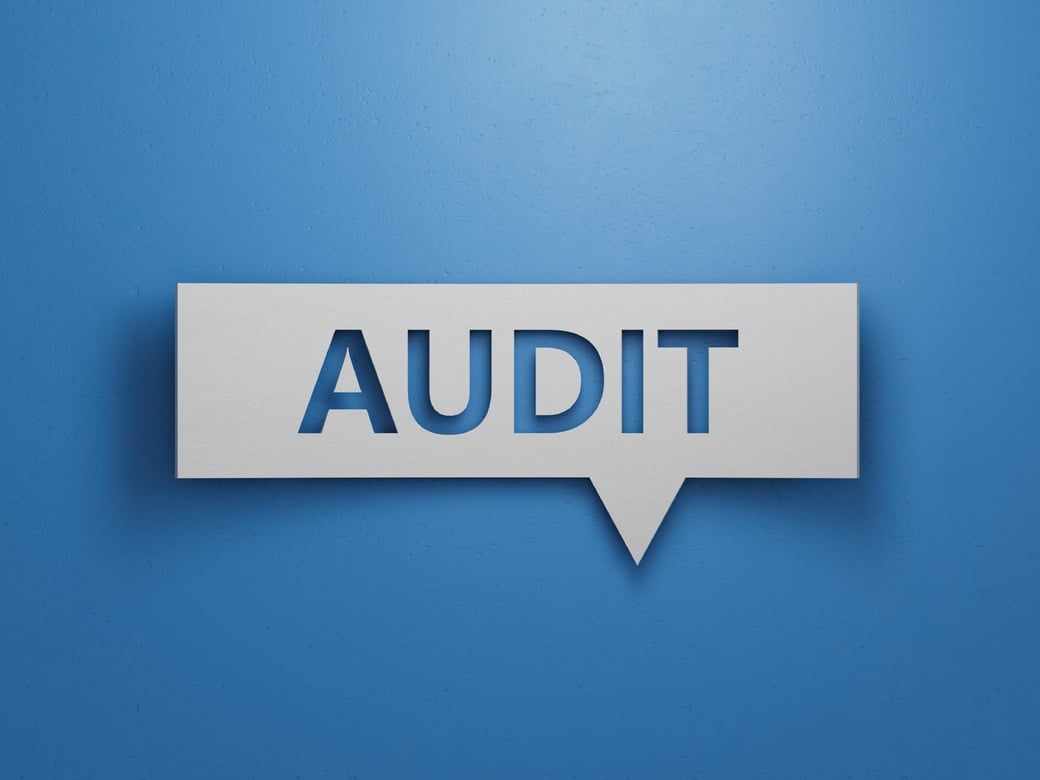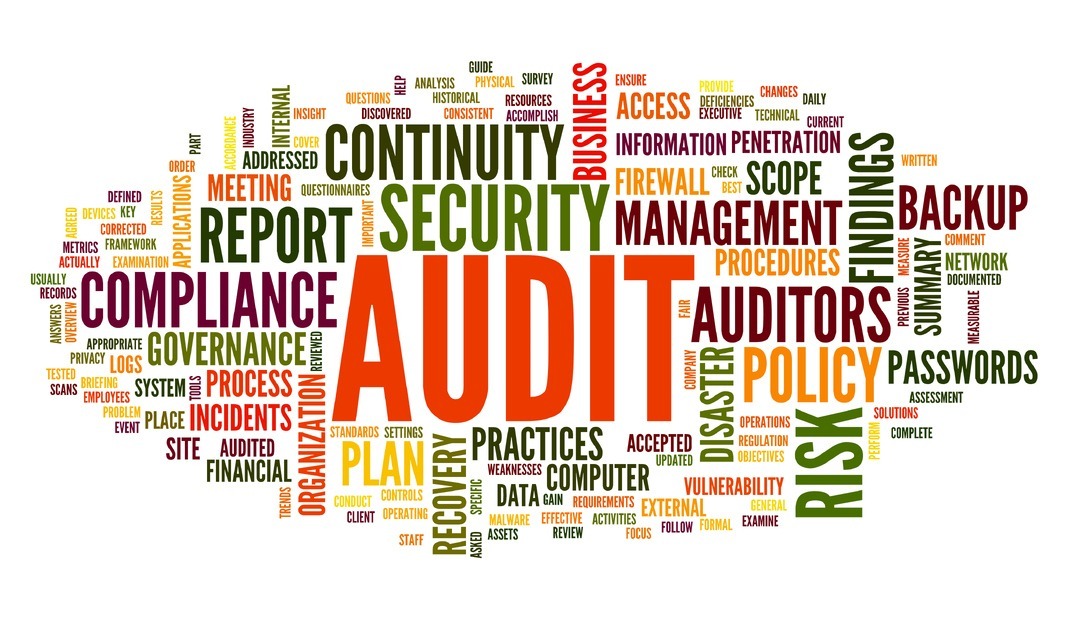Once considered a temporary workaround, remote auditing is now a permanent part of how audits are planned and performed. Technological advances and evolving workforce expectations have pushed audit firms to rethink traditional, fully on-site approaches. The question isn’t whether remote auditing will continue (it will), but how firms and clients can use it effectively while maintaining audit quality.
Remote Auditing Is Here to Stay: How It's Changing the Audit Process

Posted by Aaron K. Waller, CPA on Feb 05, 2026
Posted in Audit & Assurance
Posted in Audit & Assurance
Using the Audit Management Letter as a Strategic Tool

Posted by Aaron K. Waller, CPA on Dec 11, 2025
Posted in Audit & Assurance
The going concern assumption underlies financial reporting under U.S. Generally Accepted Accounting Principles (GAAP) unless management has plans to liquidate. If a going concern issue is identified but not adequately disclosed, the omission might be considered “pervasive” because it can affect users’ understanding of the financial statements as a whole. So it’s critical to get it right. Here are answers to common questions about this assumption to help evaluate your company’s ability to continue operating in the future.
Posted in Audit & Assurance
How Often Should Your Business Issue Financial Statements?

Posted by Melissa Motley, CPA on Oct 09, 2025
For decades, quarterly financial reporting has provided the cornerstone for fair, efficient, and well-functioning markets. However, President Trump recently posted on social media that public companies should move to semiannual financial reporting. He believes changing the frequency would lower compliance costs and allow management to focus less on meeting short-term earnings targets and more on building long-term value. But critics say less frequent reporting could result in information gaps and increased market volatility.
Posted in Audit & Assurance
Audit Alert: Beware of Potential Conflicts of Interest

Posted by Melissa Motley, CPA on Aug 25, 2025
As year-end approaches, many businesses will soon be preparing for their annual audits. One key consideration is ensuring there are no potential conflicts of interest that could compromise the integrity of your company’s financial statements. A conflict of interest can cloud an auditor’s judgment and undermine their objectivity. Vigilance in spotting these conflicts is essential to maintain the transparency and reliability of your financial reports.
Posted in Audit & Assurance
Risky Business: How Auditors Help Combat Corporate Fraud

Posted by Melissa Motley, CPA on Jun 16, 2025
In today’s volatile economic climate, organizations face mounting pressures that can increase the risk of fraudulent activities. Auditors play a pivotal role in identifying and mitigating these risks through comprehensive fraud risk assessments and tailored audit procedures.
Posted in Audit & Assurance
Loan Applications: How to Strengthen Your Hand in Today's Credit Markets

Posted by Melissa Motley, CPA on May 14, 2025
In recent years, interest rates have increased and credit has tightened. Under these conditions, which are expected to persist in the coming months, securing a commercial loan can be challenging for businesses of all sizes. Whether you want to expand, stabilize your cash flow, or simply build a financial cushion, being loan-ready is more critical — and more complicated — than it’s been in the past.
Posted in Audit & Assurance
Risks are unavoidable in today’s volatile, uncertain marketplace. However, proactive owners and executives can manage business risks more effectively with an enterprise risk management (ERM) framework. A structured approach helps organizations anticipate risks, seize opportunities, and build resilience.
Posted in Audit & Assurance
Subsequent events are in the spotlight these days. The Public Company Accounting Oversight Board (PCAOB) recently initiated a project to modernize outdated auditing standards related to these events. The PCAOB says the audit guidance hasn’t kept pace with changes in financial reporting frameworks, risk assessment methodologies, and technological advancements. This has resulted in inconsistencies in how companies account for post-balance-sheet developments in their financial statements.
Posted in Audit & Assurance

















